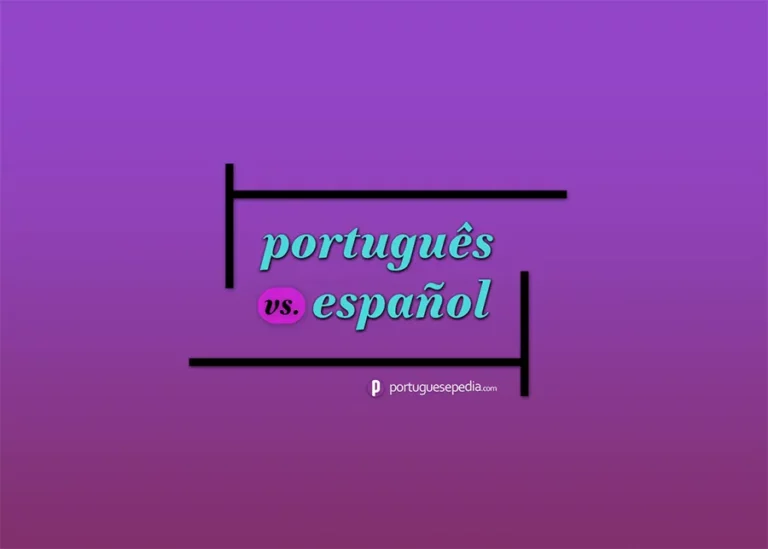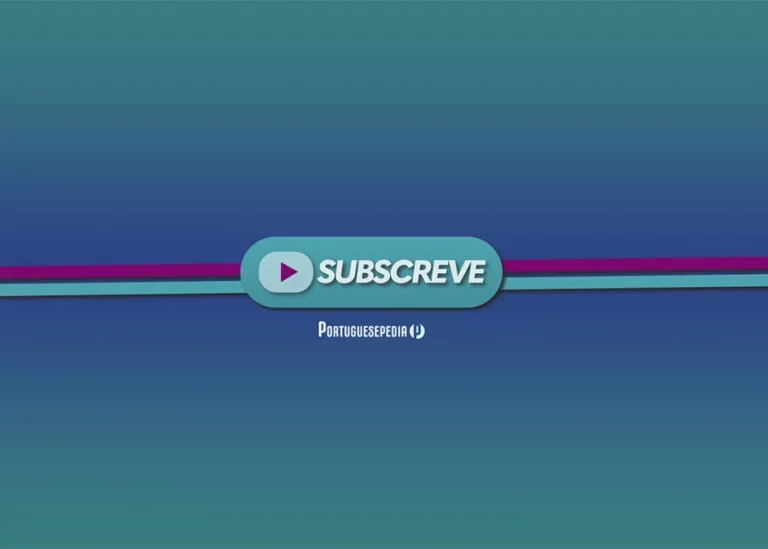
Portuguese Question Words
Intrepid language learners start using Portuguese nearly from day one. I love the attitude and hope you are one of them. Besides bravery, to keep conversations going…

The Portuguese Verb Ficar – Conjugation and Usage
Ficar is a high-frequency and versatile Portuguese verb that every language learner should master as soon as possible. Depending on the context, Ficar may mean ‘stay’, ‘get’,…

How to Pronounce the Letter S in Portuguese
Let’s learn how to pronounce the letter S in Portuguese, or I should say European Portuguese to be more precise. As you may know, one letter can…

Portuguese Reflexive Verbs and Pronouns
Reflexive verbs are abundant in Portuguese and many of them are frequently used in everyday life. It is easy for language learners – especially those unfamiliar with…

20 Portuguese Idioms and Expressions to Impress Locals
If you’re planning a trip to Portugal or simply looking to connect with Portuguese speakers, incorporating idioms and colloquial expressions into your conversations can make a significant…

Portuguese Tongue Twisters to Improve Your Pronunciation Skills
Portuguese tongue twisters are a great way to work on your tongue’s muscle memory and improve your pronunciation skills. Put another way, tongue twisters help you overcome…

10 Portuguese Slang Expressions You Need to Know
As a language learner, diving into the world of Portuguese slang will deepen your immersion in the culture and make you sound more authentic when you speak. …

Portuguese Possessive Pronouns and Determiners
Portuguese possessive pronouns and determiners indicate possession. In English, these are words like my, your, his, her, our, their (possessive determiners) and mine, yours, his, hers, ours, theirs (possessive pronouns). Possessive pronouns and determiners…

Portuguese Polite Expressions – Desculpa vs. Com licença vs. Por Favor
At the beginning of their learning journey, many Portuguese language learners struggle to discern between expressions such as Desculpa, Com licença, or Por favor, namely, when to…

Portuguese Language Historical Origins
With over 220 million native speakers, Portuguese is the sixth most spoken language in the world. That is something! But where did this language originate? Being a…

Portuguese Verb Tenses and Moods Explained: A Usage Rundown Anchored to English
With so many conjugations, Portuguese verbs are a hard-to-chew bit for anyone learning the language, especially for those not acquainted with any Romance language from before. Now,…

Portuguese vs. Spanish: How Similar Are They Actually?
Portuguese and Spanish are Romance languages that share a common root: they both stem from Vulgar Latin. But how similar are they? Portuguese and Spanish are different…

Past Participle in Portuguese
In Portuguese, we use the Past Participle to form Perfect tenses and the passive voice. In addition, we use Past Participles as adjectives. In what follows, I will…

Letter X in Portuguese – How to Pronounce It
Regarding pronunciation, the letter X is quite challenging for those learning Portuguese. Here is why: In Portuguese, the letter X stands for four different language sounds, namely,…

Conditional in Portuguese
In Portuguese, we use the Conditional tense to express desire, talk about unreal scenarios, or convey politeness. As you’ll soon see, however, the Imperfect tense (Pretérito Imperfeito)…

Neglecting Pronunciation Is Your Big Mistake
Pronunciation is key to learning a new language. Getting a good grasp of your target language sound system is indeed crucial. And yet, I often see language…

Learn Portuguese with These Top YouTube Channels
There are several media you can use to learn Portuguese and YouTube is undoubtedly worth trying. Below you’ll find a list of 10 YouTube channels specifically conceived…

Portuguese Irregular Verbs Students Need to Learn as Soon as Possible
Have you noticed that some of the most frequently used verbs in Portuguese happen to be irregular? These verbs are not only high-frequency but they also tend…
